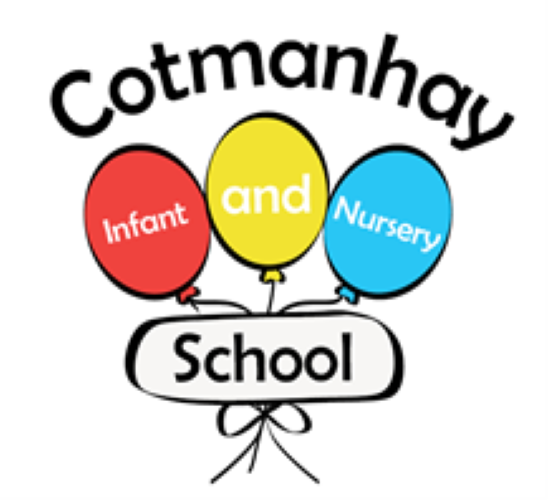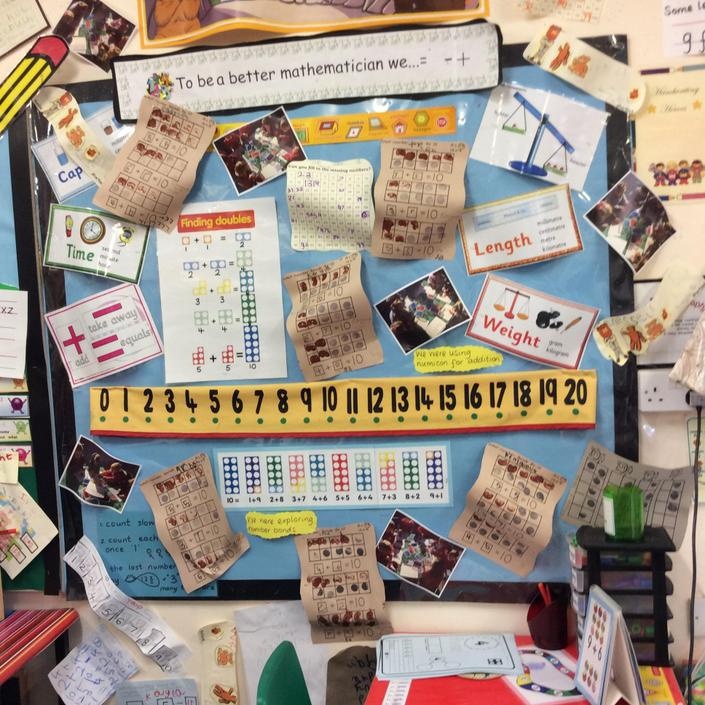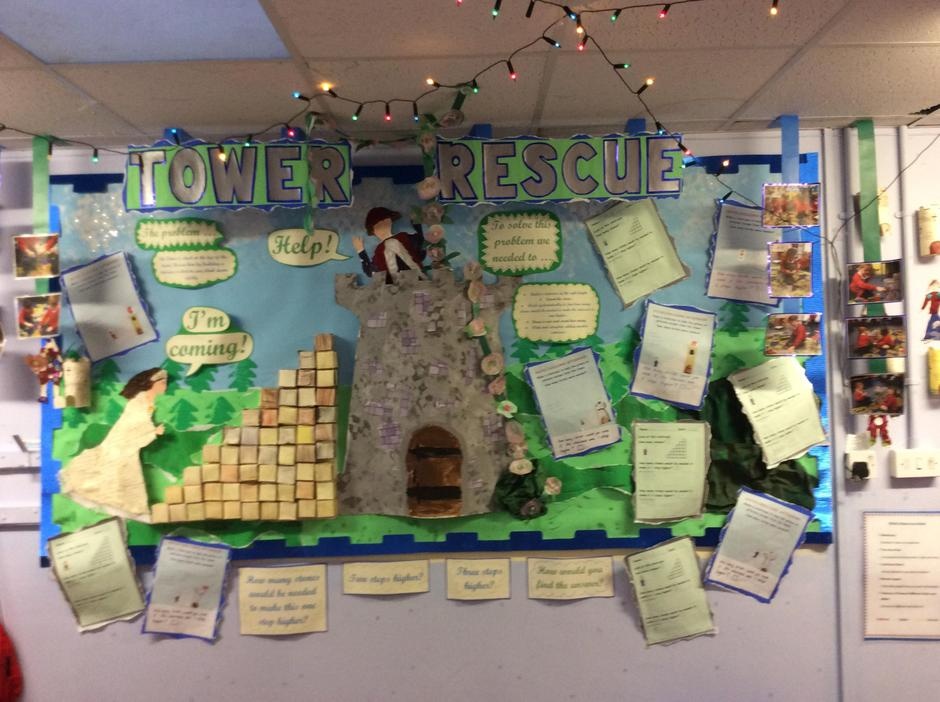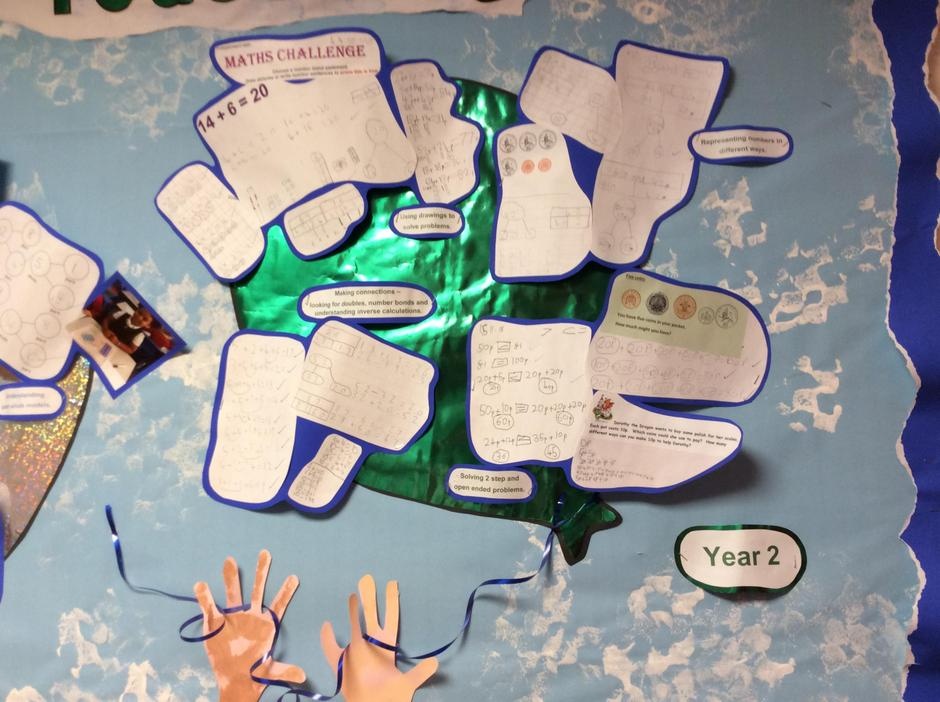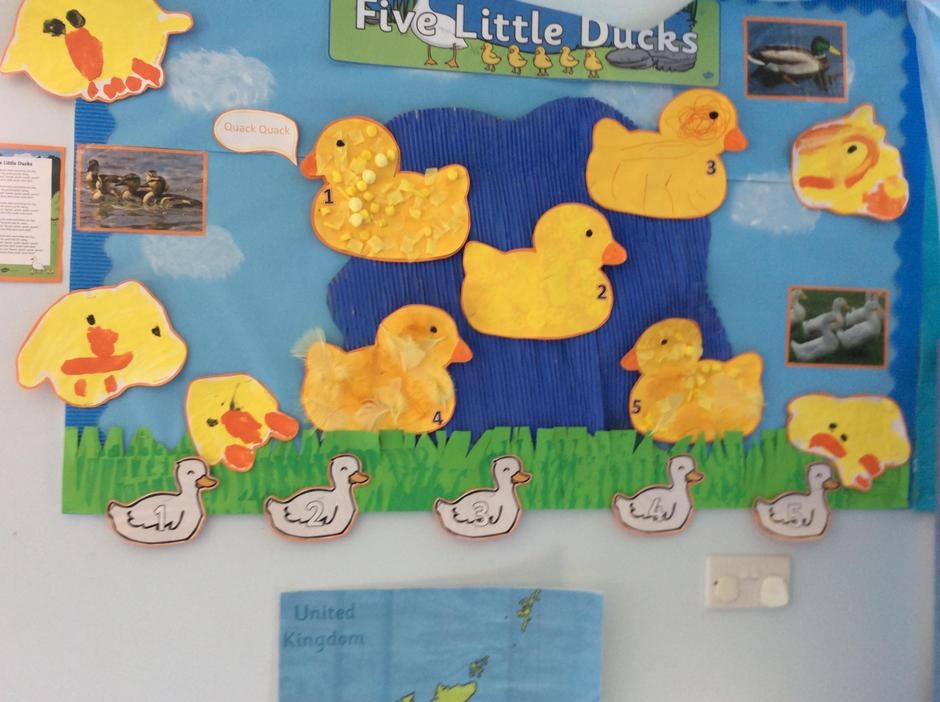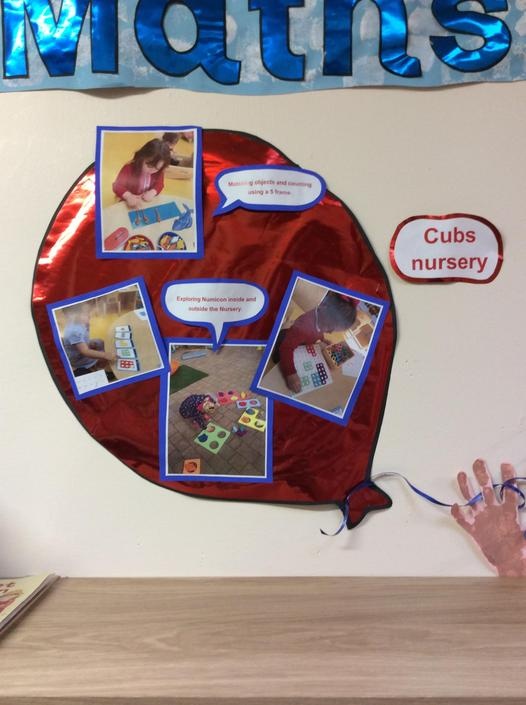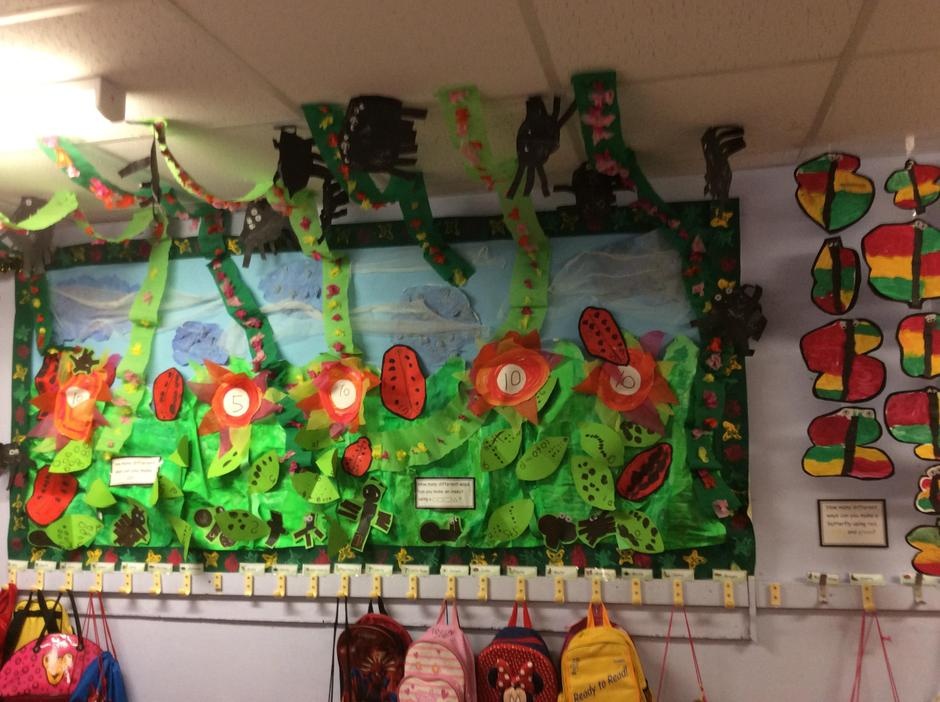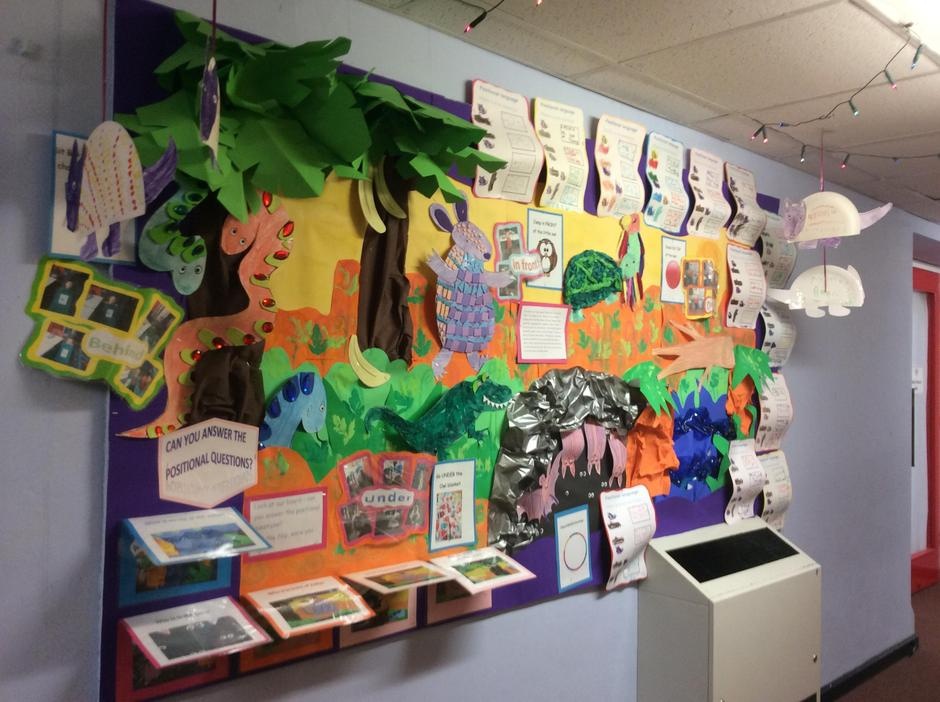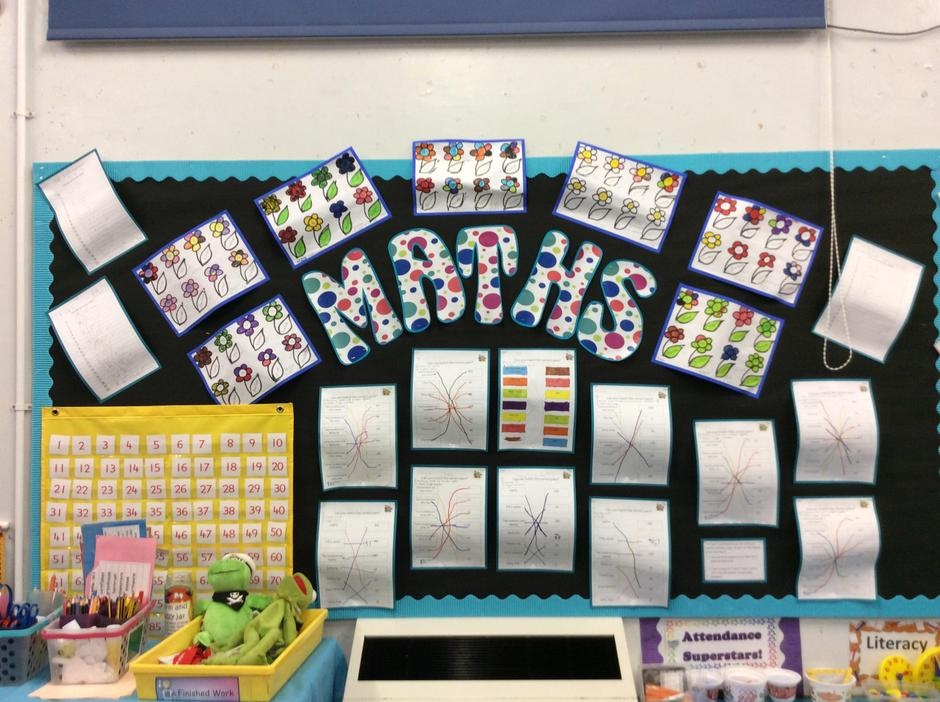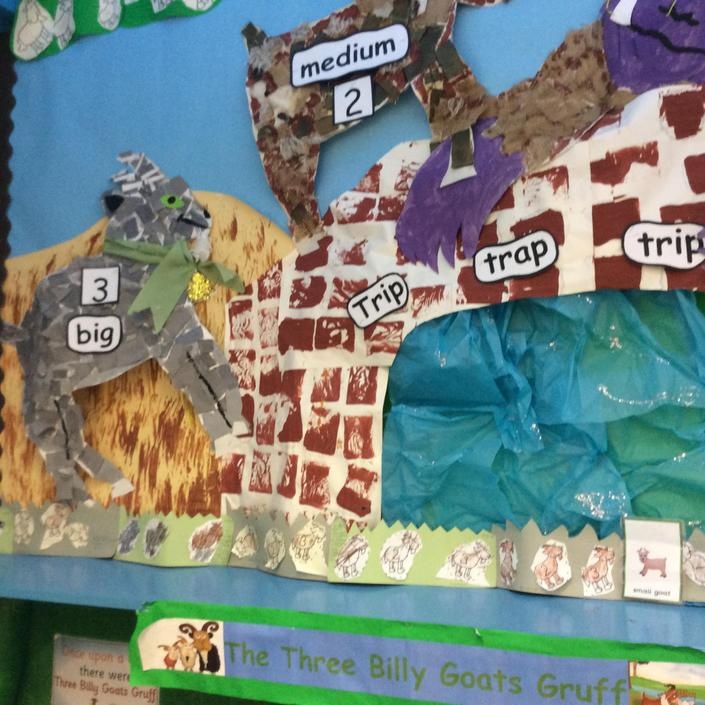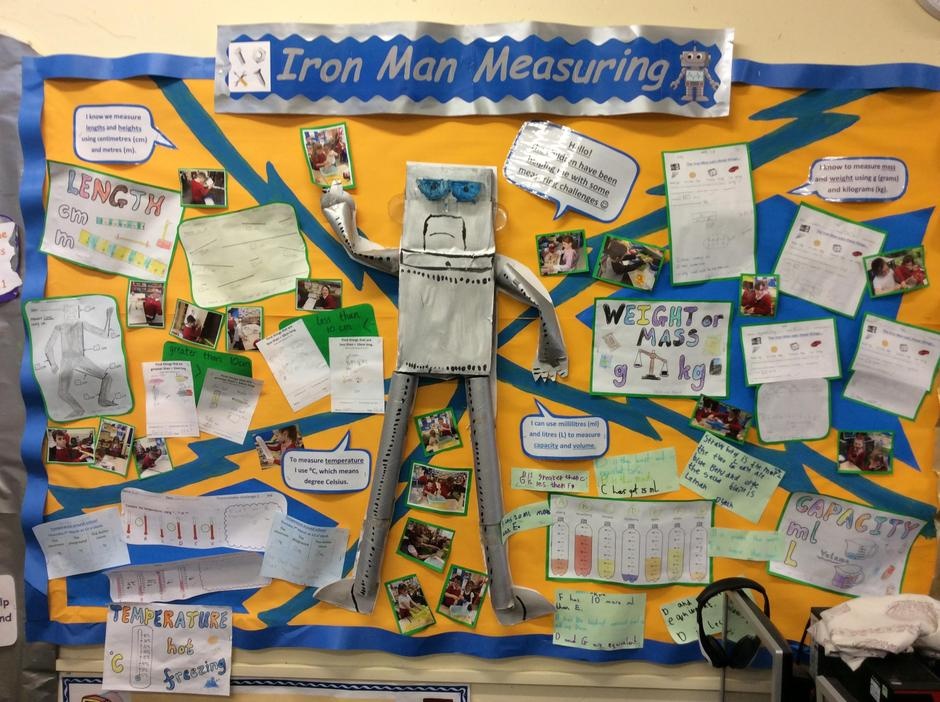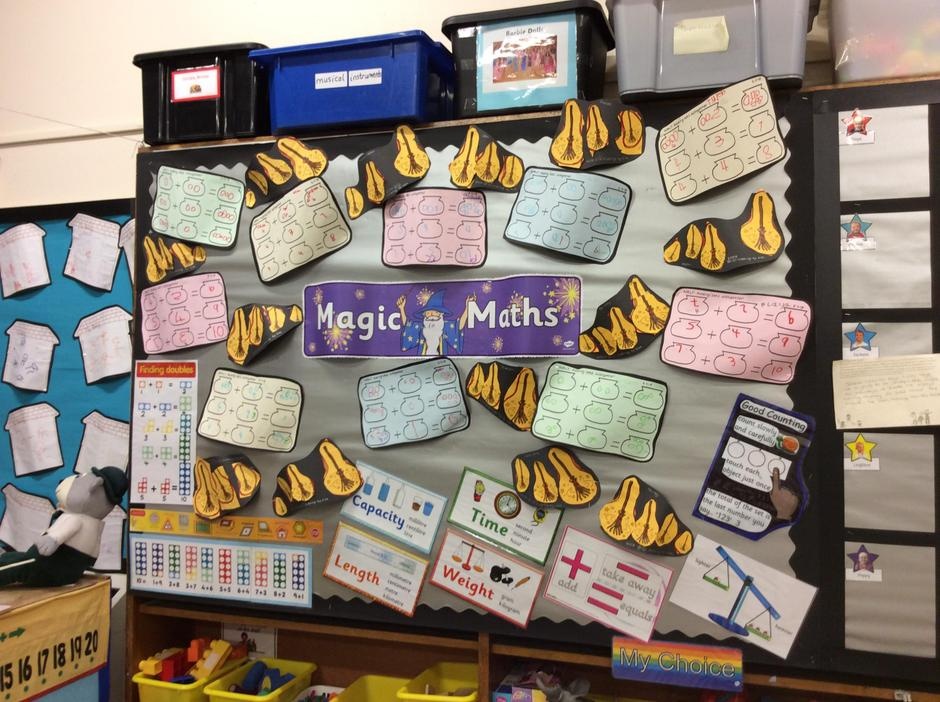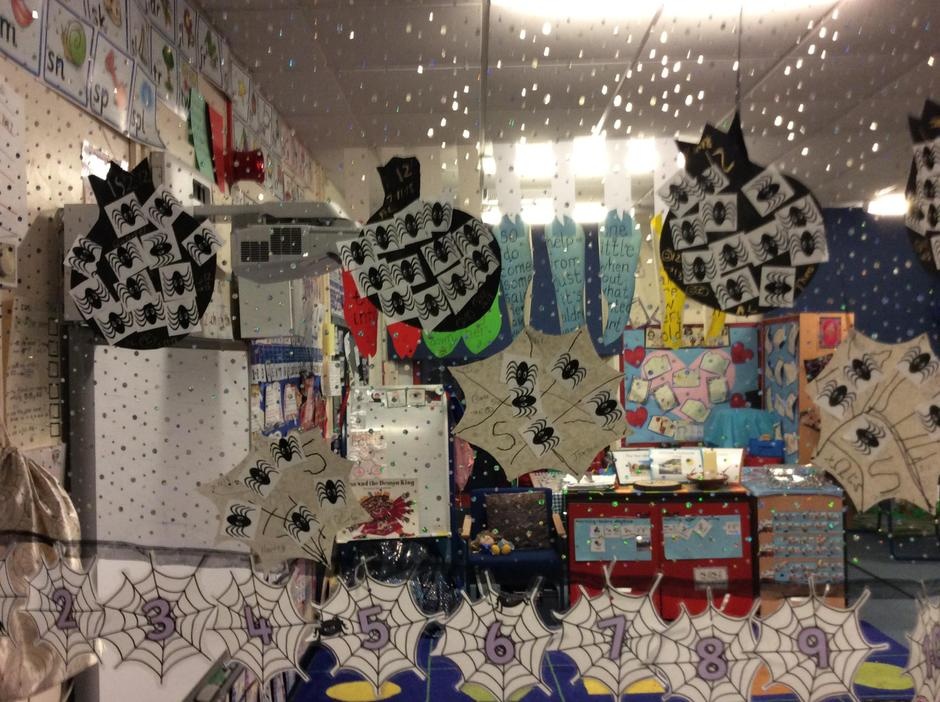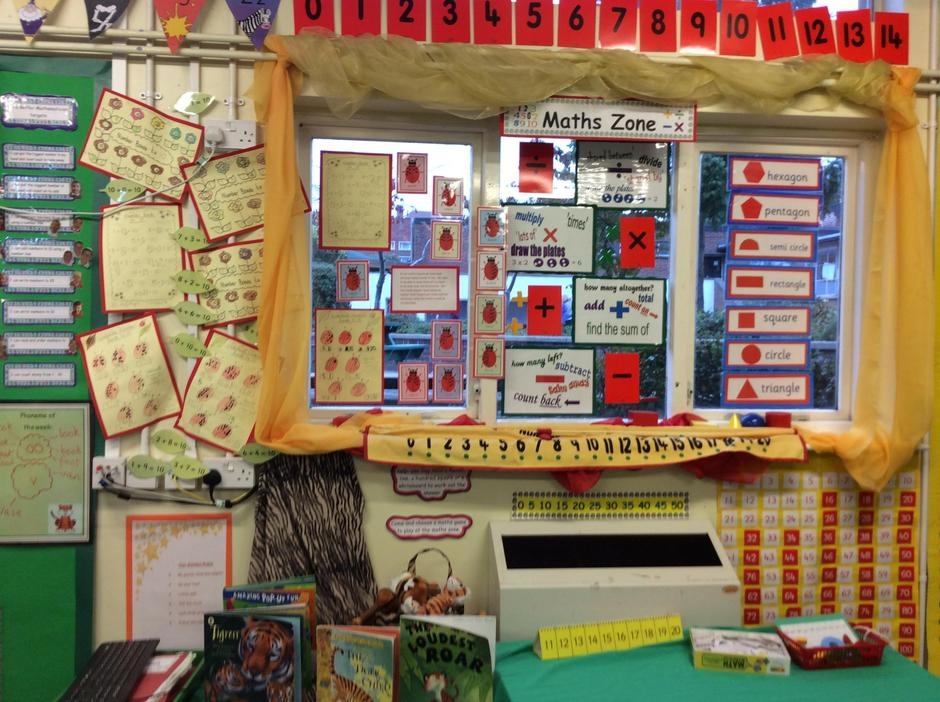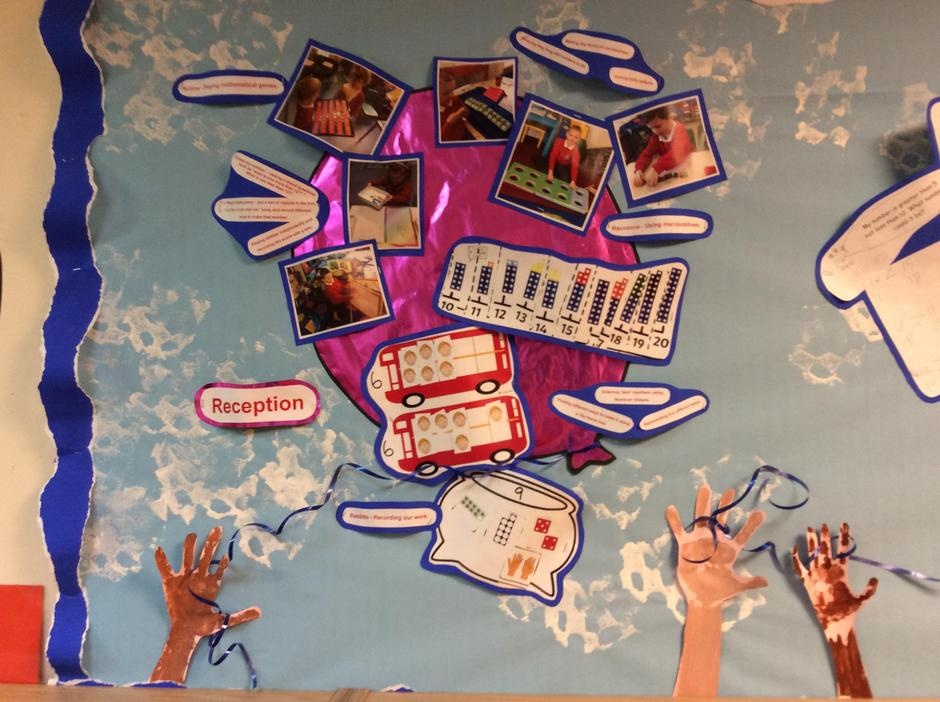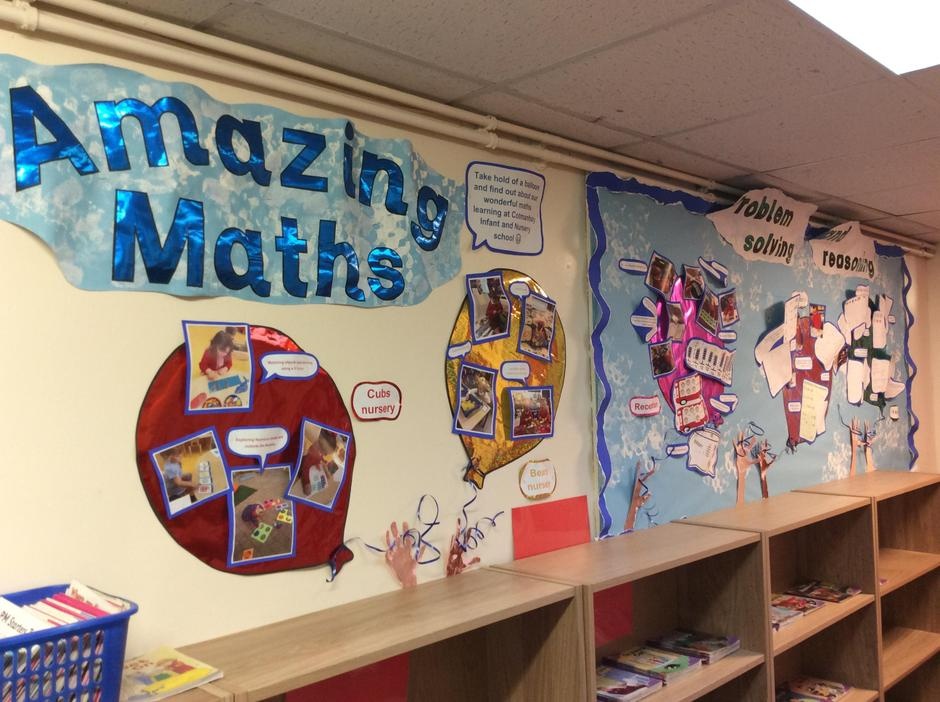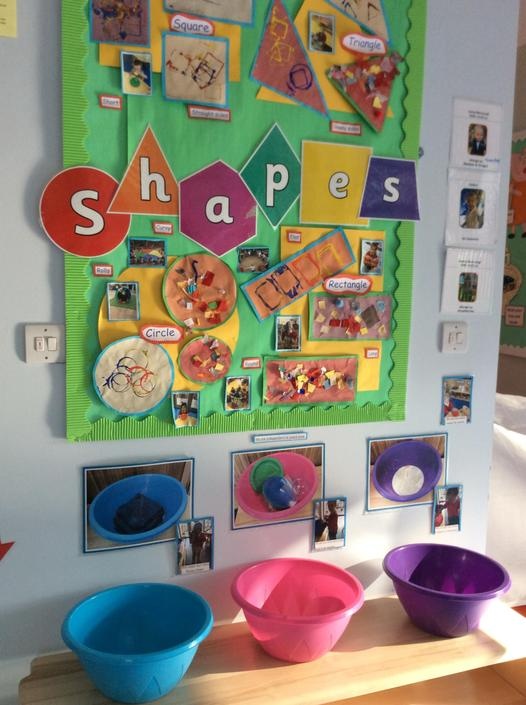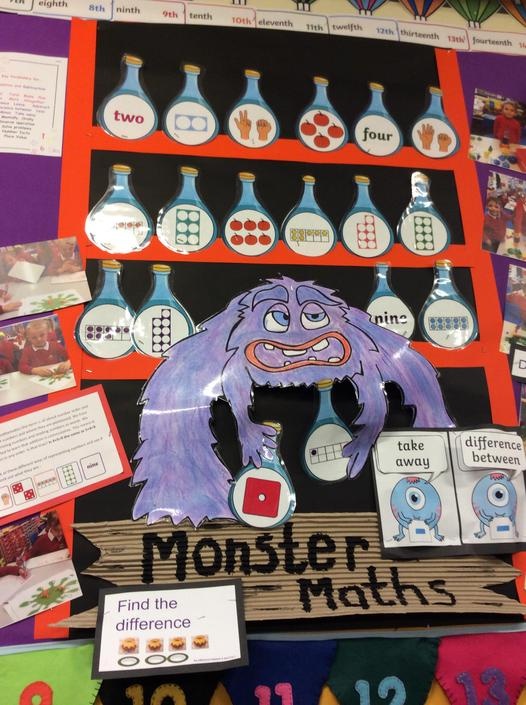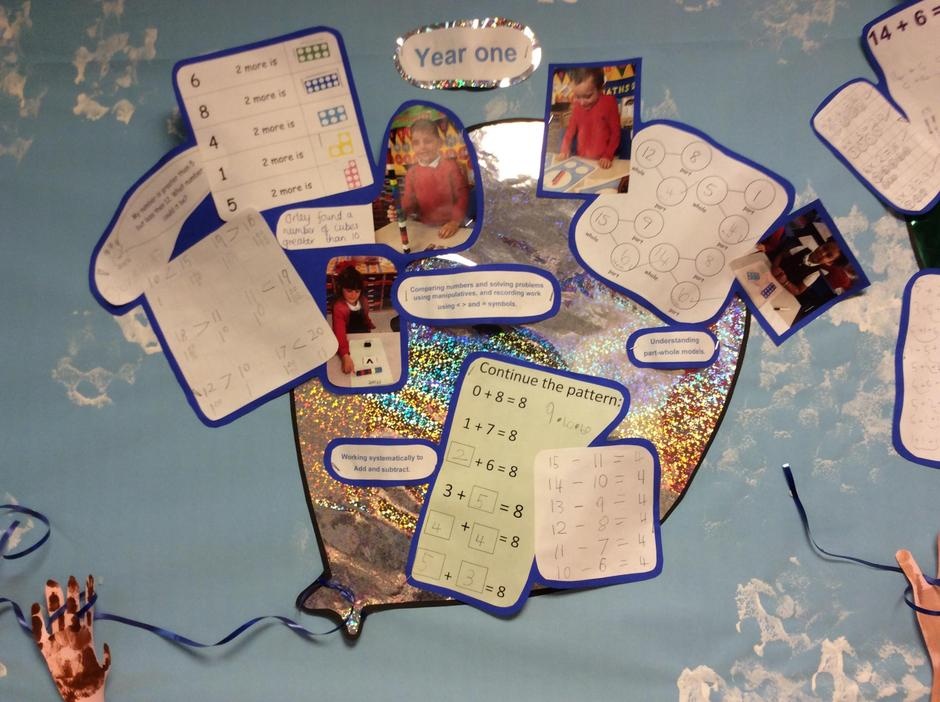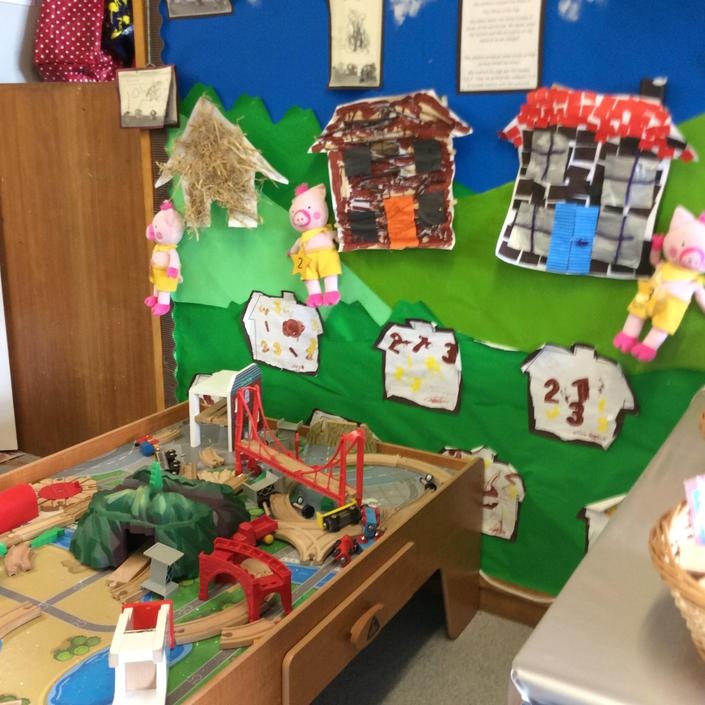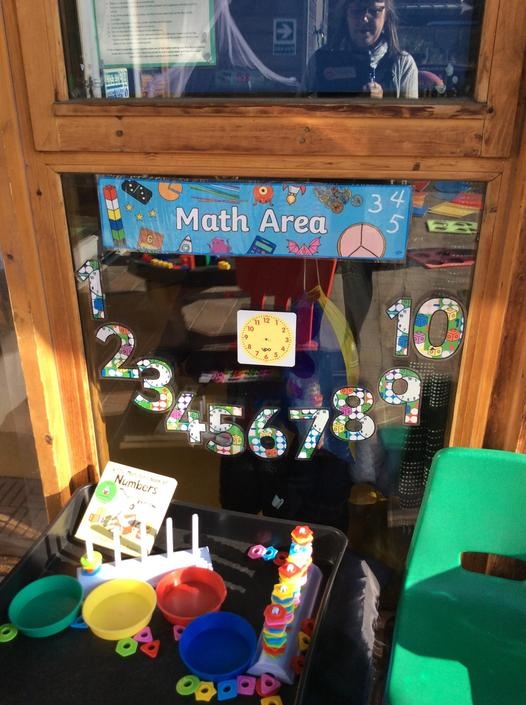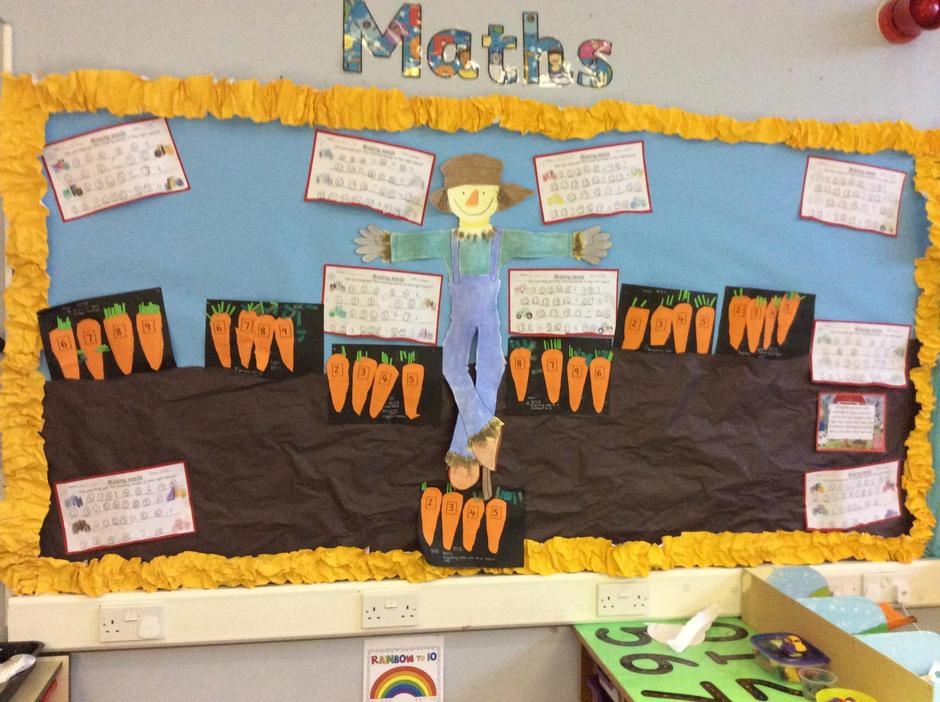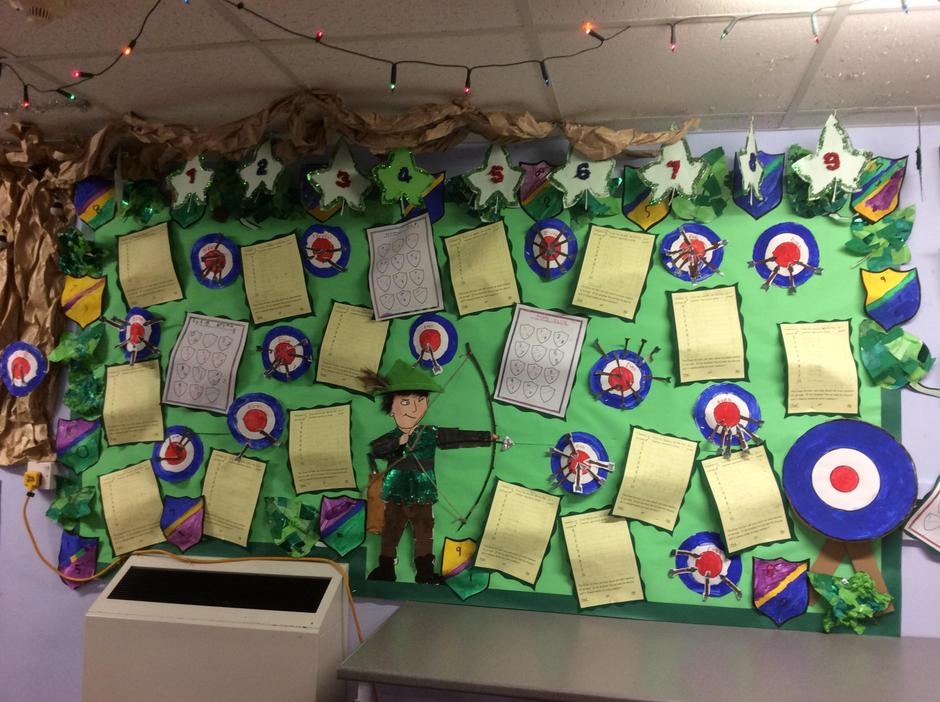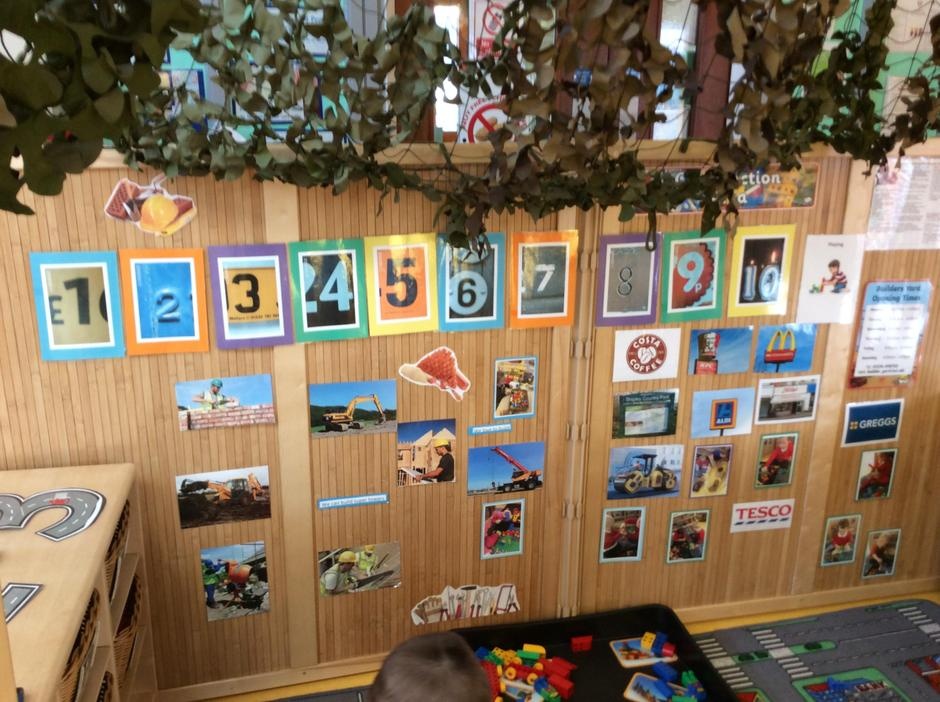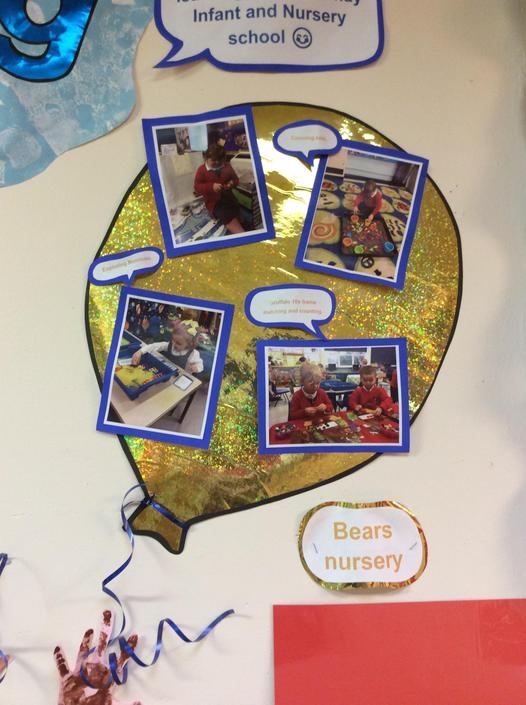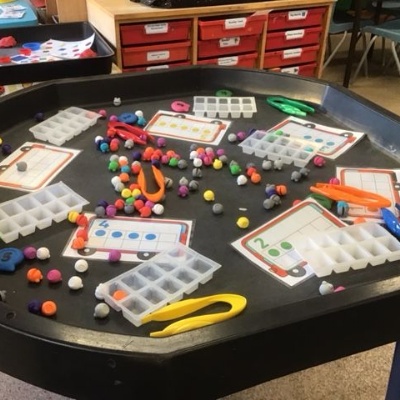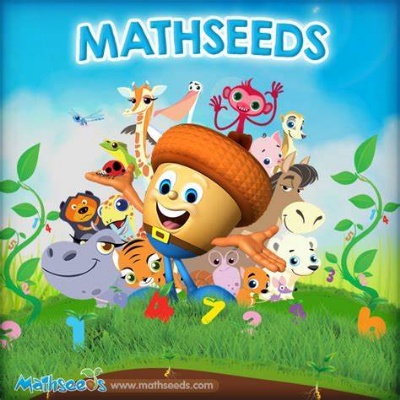Maths
The MATHS CURRICULUM at Cotmanhay Infant and Nursery School
We are passionate about teaching mathematics in this school and we want all children to be enthusiastic and motivated learners.
🧍♀️ MATHS LEAD = MRS GILLOTT
INTENT
Our Maths curriculum is designed to:
- Enable all children to succeed in Mathematics and make good progress.
- Engage and interest children by providing fun and real-life contexts.
- Build on skills/knowledge from 2yrs to 7yrs using a progression that sequences learning effectively.
- Ensure that children are well-prepared for their next stage of education.
IMPLEMENTATION
We make this happen by:
- Following a ‘Mastery curriculum’ based on the National Curriculum 2014 and using White Rose Education Y1/Y2 scheme of learning for KS1. In the EYFS we use the Statutory framework for the EYFS (2021), Development Matters (2021) and White Rose Education.
- A step-by-step approach to maths is critical to learning and embedding knowledge effectively. We use the small steps from the White Rose Education scheme to break concepts down into manageable chunks that are easy for the children to grasp and allow them to acquire the knowledge they need. Sometimes, steps will require more than one lesson and teachers adapt their planning to ensure that children have adequate time to master each step.
- Planning is half-termly to enable an effective teaching sequence based on what children know and what they need to know next. Ongoing assessment of knowledge and skills, identifies gaps in learning and next steps.
- Planning lessons that have a balance of fluency, reasoning and problem-solving. Consolidation of learning and the repetition/practice of content is built in to ensure children can better retain key skills and methods.
- Giving additional support where necessary to keep children learning together.
- Having a separate Daily Maths fluency session following the NCETM mastering number programme. This helps children build their memory for key maths facts and methods.
- Using consistent key vocabulary. Precise language and phrases are modelled by school staff and children can practice these in pairs, small groups and whole class.
- Providing classroom environments that are rich with displays and prompts to support children as they learn and have a good range of quality resources and manipulatives.
- Enriching maths content by taking part in special events (MoneySense workshops, NSPCC Number Day) and linking learning in maths to other subjects where it is purposeful.
- Promoting a ‘can do’ and ‘have a go’ attitude. Children are supported by adults in their learning but also have opportunities to work independently and to be resilient when problems occur.
- The Maths Lead keeps all staff updated with new legislation and research. An active programme of training develops the expertise and subject knowledge of all staff to support their own professional development.
- Working with parents. Termly Newsletters and Dojo posts keep parents informed. We ask for parental support to run Math seeds. This home/school electronic learning program allows children to enjoy fun, interactive and rewarding lessons that teach foundational maths and problem‑solving skills while nurturing an early love of maths.
IMPACT
We measure how well we are doing by:
- Assessing our children’s outcomes against the ELGs for EYFS and the end of Key stage 1 expectations for Y1 and Y2.
- Monitoring the work children do and their response and attitudes to learning.
- Speaking with children so that they can demonstrate their developing skills and knowledge and show what they know, can do and to check they remember more than they did before.
What is a mastery curriculum?
In 2014 there was a new National Curriculum for Mathematics for KS1 pupils.
The ‘mastery’ method of teaching aims to ensure all children have a secure and deep understanding of maths, by building up maths concepts in small and logical steps. This makes maths accessible to the majority of children.
Also, in Sept 2021 a new framework for the Early Years Foundation Stage was made statutory.
If you would like to know more, please visit the Pearson Mastery guide for parents and the EYFS page.
Daily Maths fluency sessions
We teach a daily maths fluency session across the whole school as a separate timetabled session following the NCETM mastering number programme. This begins in reception and continues throughout Keystage 1. The aim is for our maths fluency to become an embedded element of the curriculum with high expectations for all pupils. Fluency sessions are daily short, snappy sessions, which allow children to retrieve previously taught knowledge in order to rehearse concepts.
We aim for all our pupils to develop good number sense and for children to have automaticity in additive facts. We want all our pupils to have a deep understanding of number and number relationships. Following Mastering Number allows pupils to secure firm foundations in the development of good number sense for all children from Reception through to Year 1 and Year 2. The aim over time is that children will leave KS1 with fluency in calculation and a confidence and flexibility with number. Attention will be given to key knowledge and understanding needed in Reception classes, and progression through KS1 to support success in the future.
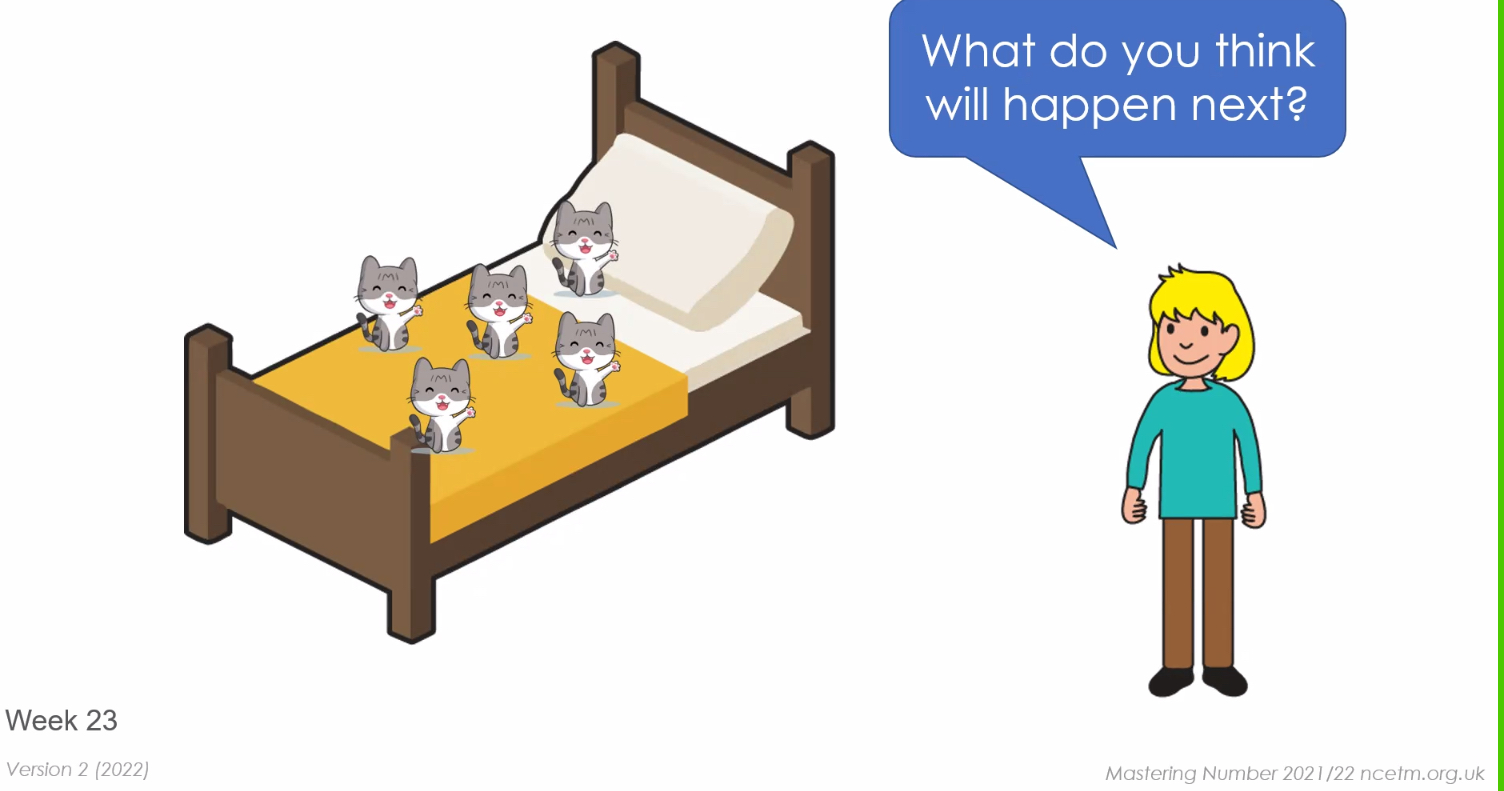
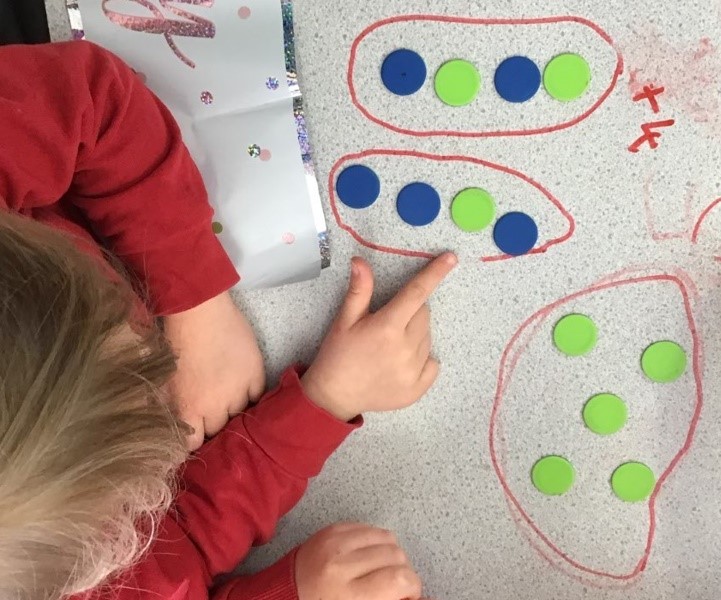
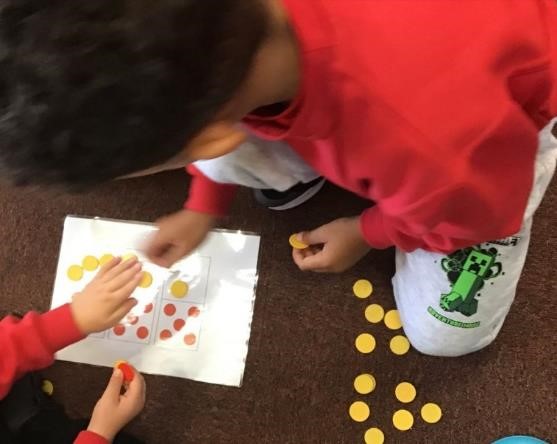
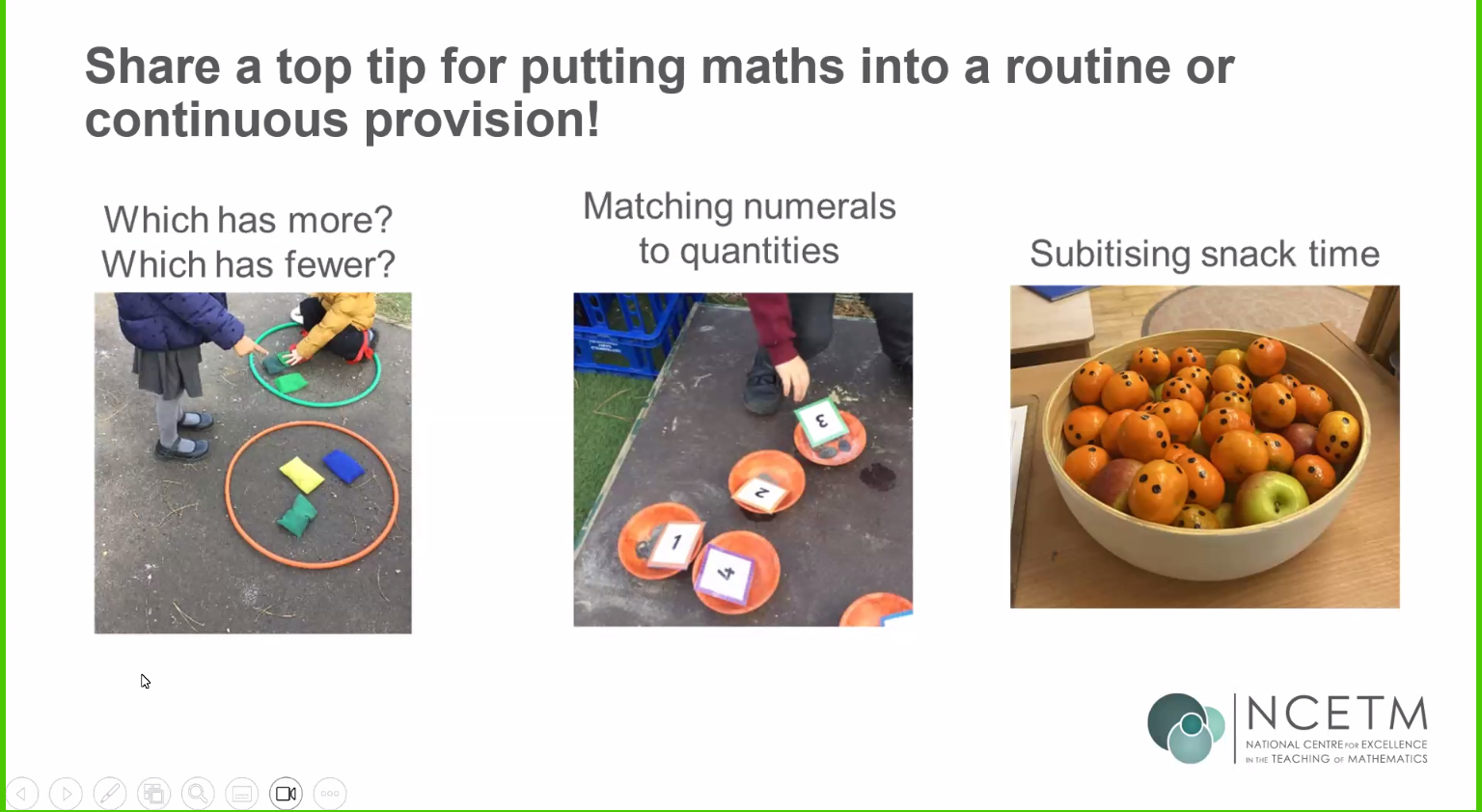
Maths in our School
Take a walk down our school corridors, through our classrooms and in our outdoor areas to see our fabulous maths displays 😊
How to help your child at home:
Children learn so much from their real-life mathematical experiences at home.
Please read these statements adapted from the Ontario Ministry of Education.
- Talk about maths in a positive way. A positive attitude about math is infectious and we believe that every child can be successful.
- Encourage persistence. Some problems take time to solve.
- Encourage your child to experiment with different approaches to mathematics. There is often more than one way to solve a math problem.
- Encourage your child to talk about and show a maths problem in a way that makes sense (i.e. draw a picture or use materials like pasta shells).
- When your child is solving maths problems ask questions such as: Why did you...? What can you do next? Do you see any patterns? Does the answer make sense? How do you know? What is the same? What is different? This helps children to think about mathematics and to talk about the reasons behind their decisions.
- Connect maths to everyday life and help your child understand how math influences them (e.g. shapes of traffic signs, walking distance to school, telling time, weighing for cooking, measuring lengths).
- Play family math games together that add excitement such as checkers, junior monopoly, math bingo and uno.
- Computers + math = fun! There are great computer maths games available on the internet that you can discover with your child. Also, please support our Maths Seeds home-school programme.
- Talk with your child’s teacher about difficulties he/she may be experiencing. When teachers and parents work together, children benefit.
If you would like to know more about this, please visit the links below.
Thank you.
